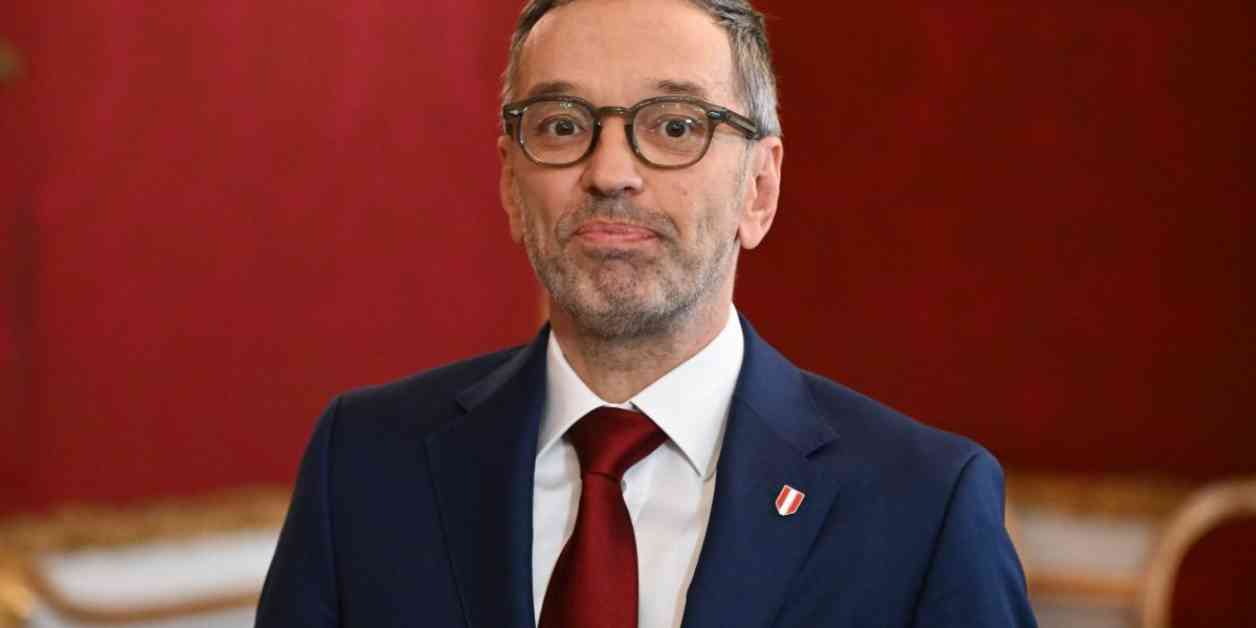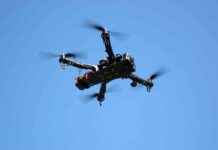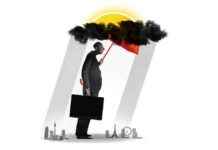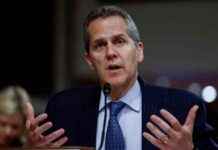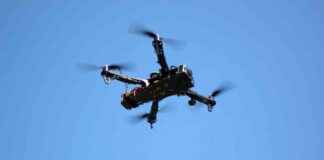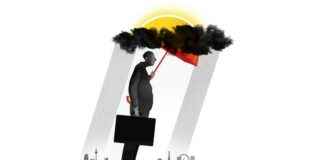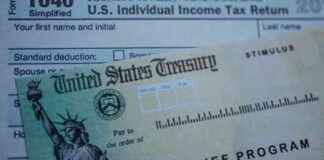Herbert Kickl, the leader of the far-right Austria Freedom Party (FPOe), is on the brink of becoming the first far-right EU leader since World War II. This historic development has sent shockwaves across Europe, sparking both excitement and concern among political analysts and citizens alike. Kickl’s rise to power signals a potential shift in the political landscape of the European Union, raising questions about the future of democracy and unity within the region.
Kickl’s Political Background and Rise to Power
Herbert Kickl, a seasoned politician known for his controversial rhetoric and nationalist views, has been at the forefront of the far-right movement in Austria for years. As the leader of the FPOe, Kickl has garnered a strong following among voters disillusioned with mainstream politics and eager for change. His populist agenda and anti-immigrant stance have resonated with many Austrians, propelling him to the forefront of the country’s political scene.
Implications for the European Union
Kickl’s potential ascension to the role of EU leader has raised concerns among EU officials and member states. Many fear that his far-right ideology and nationalist agenda could undermine the principles of democracy and cooperation that the EU was founded upon. Kickl’s track record of inflammatory remarks and divisive policies has further fueled apprehension about the future direction of the European Union under his leadership.
Reaction from Political Analysts and Citizens
Political analysts and experts are divided on the implications of Kickl’s potential leadership. Some believe that his presidency could signal a new era of nationalism and populism in Europe, while others warn of the dangers of his extremist views. Citizens across Europe have taken to social media to express their opinions, with many expressing fear and uncertainty about Kickl’s rise to power.
In conclusion, Herbert Kickl’s emergence as a potential far-right EU leader marks a significant turning point in European politics. As the continent grapples with the rise of nationalism and populism, the implications of Kickl’s leadership remain uncertain. Only time will tell how his presidency will shape the future of the European Union and its member states.
